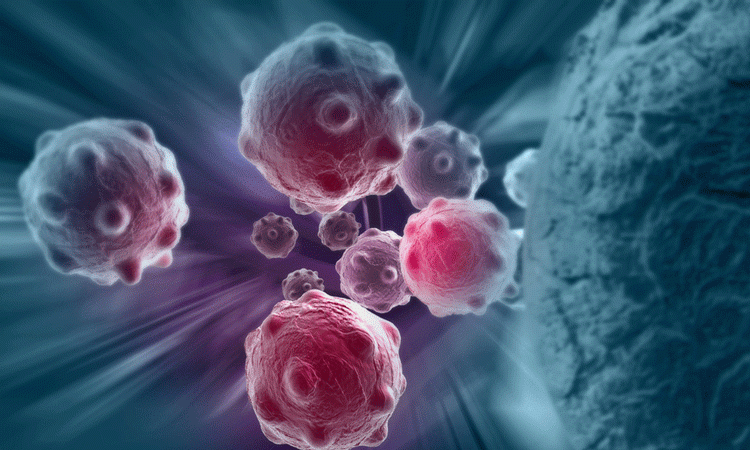Study uncovers key processes behind MYC cancer gene
Posted: 26 August 2019 | Victoria Rees (Drug Target Review) | No comments yet
Researchers have discovered that MYC cancers use the cell’s machinery to make lipids and identified a lipid signature, which could be exploited in the development of new therapies.


A new study has revealed a vulnerability in tumours that are driven by a common cancer gene called MYC. According to the researchers, their findings could be used in the development of anticancer therapeutics.
The team from Ludwig Cancer Research and Stanford University, both US, found that these cancers are highly dependent on the cell’s machinery for making fats and other lipids. It also identified a lipid signature associated with MYC-driven cancers, further showing that the cancer cell’s preference for manufacturing lipids rather than importing them as nutrients may be exploited for the development of new therapies.
…MYC binds to the same genes as SREBP1 and the two collaborate to push lipid synthesis to even higher levels”
“Cells that are not growing bring in nutrients from the blood and make some of the other metabolic molecules they need,” explains Chi Van Dang, scientific director of the Ludwig Institute for Cancer Research. “But if you’re a rapidly replicating cancer cell, you need a much larger supply of the building blocks of cells in order to continue proliferating.”
Biomarkers are redefining how precision therapies are discovered, validated and delivered.
This exclusive expert-led report reveals how leading teams are using biomarker science to drive faster insights, cleaner data and more targeted treatments – from discovery to diagnostics.
Inside the report:
- How leading organisations are reshaping strategy with biomarker-led approaches
- Better tools for real-time decision-making – turning complex data into faster insights
- Global standardisation and assay sensitivity – what it takes to scale across networks
Discover how biomarker science is addressing the biggest hurdles in drug discovery, translational research and precision medicine – access your free copy today
The team previously discovered that MYC’s dysregulation in cancer alters cellular metabolism and detailed how this regulator of gene expression increases production of the molecular building blocks of cells, including the components of proteins and DNA. However, precisely how oncogenic MYC changes gene expression to drive lipid synthesis remained unknown.
In normal cells, a membrane-bound protein named SREBP1 monitors and controls lipid production. When it senses low cholesterol levels in the cell’s membranes, SREBP1 moves into the nucleus and activates the expression of genes involved in lipid synthesis.
The researchers found that MYC increases the activity of SREBP. However, they also found that MYC binds to the same genes as SREBP1 and the two collaborate to push lipid synthesis to even higher levels. Therefore, MYC controls the gene expression required for almost every stage of lipid synthesis.
To further examine the phenomenon, the team used DESI-MSI, a technology for profiling metabolites in intact tissues, to map how oncogenic MYC alters the lipid content of tumours. This revealed that a species of lipids known as glycerophosphoglycerols is particularly abundant in MYC-driven cancer cells. The researchers even identified a lipid signature associated with such tumours that could be used as a diagnostic marker.
…cancer cell’s preference for manufacturing lipids rather than importing them as nutrients may be exploited for the development of new therapies”
Studies on mice engineered to generate MYC-driven cancers of the blood, lungs, kidneys and liver revealed that such tumours are highly dependent on fatty acid synthesis. Inhibiting an early step of that process led to the regression of the induced tumours and of MYC-driven human tumours implanted in mice. Together with the identification of a lipid signature and the genes activated by oncogenic MYC, the researchers say that have concrete information for the development of new drugs to treat a broad range of cancers.
The findings were published in Cell Metabolism.
Related topics
Drug Targets, Genomics, Oncology, Protein
Related conditions
Cancer
Related organisations
Cell Metabolism, Ludwig Cancer Research
Related people
Chi Van Dang








